What is Trauma?
Trauma is a deeply distressing or disturbing experience that can have long-lasting effects on an individual’s mental, physical, and emotional well-being. There are many different types of trauma, and it’s important to understand the differences between them in order to provide effective treatment and support. At Vision Child Behaviour Clinic managed by Vision Public Charitable Trust, we specialize in helping children and adolescents who have experienced various forms of trauma, including physical, emotional, and psychological trauma.
Types of Trauma
Physical Trauma
Physical trauma refers to any type of bodily injury or harm that results from a violent or traumatic event, such as a car accident, physical assault, or natural disaster. This type of trauma can have both short-term and long-term effects on an individual’s physical health, including pain, disability, and chronic health conditions. At Vision Child Behaviour Clinic, we use a variety of interventions to help children and adolescents who have experienced physical trauma, including medical treatment, physical therapy, and occupational therapy.
Emotional Trauma
Emotional trauma refers to the psychological impact of a traumatic event, such as the sudden death of a loved one, divorce, or exposure to violence. This type of trauma can result in a range of emotional and behavioral symptoms, including anxiety, depression, post-traumatic stress disorder (PTSD), and self-harm. At Vision Child Behaviour Clinic, we use evidence-based therapies such as cognitive-behavioral therapy (CBT) and eye movement desensitization and reprocessing (EMDR) to help children and adolescents who have experienced emotional trauma.
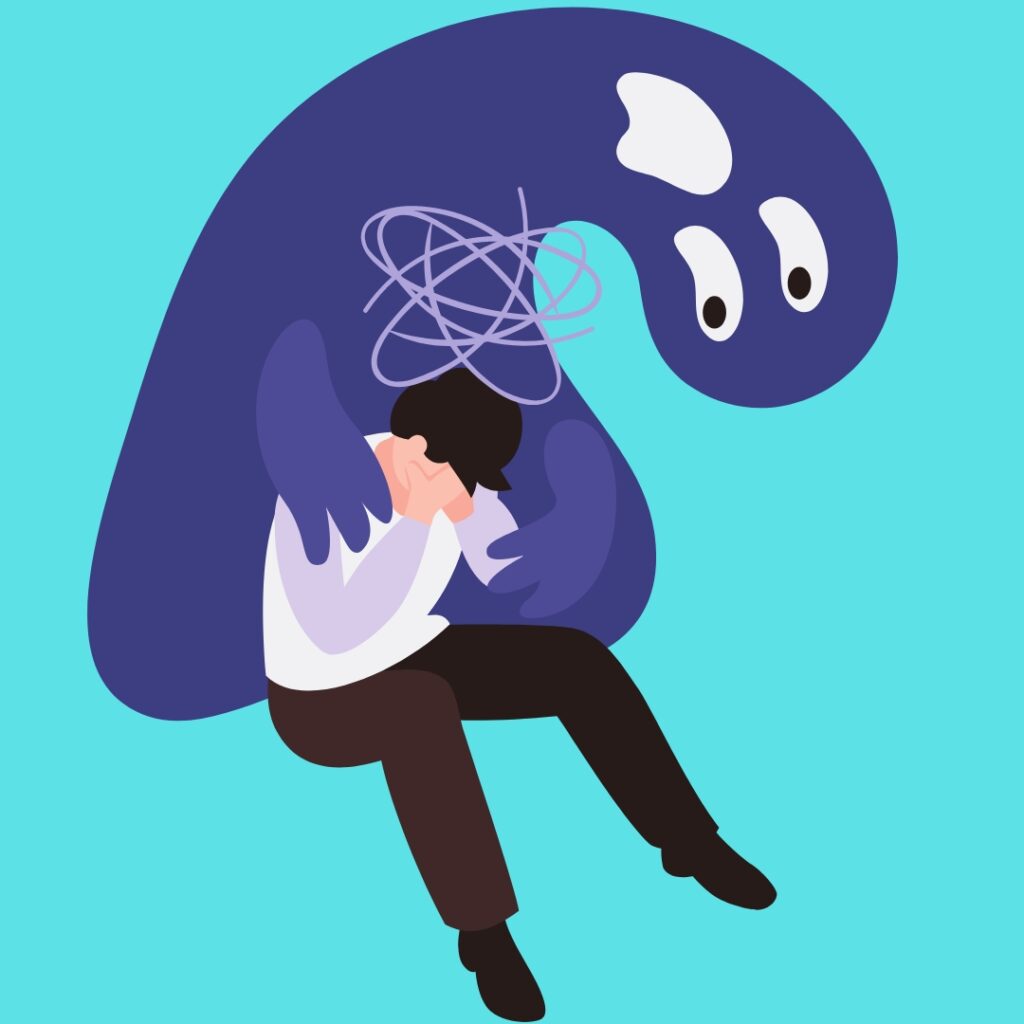
Psychological Trauma
Psychological trauma refers to the long-lasting effects of trauma on an individual’s mental health and well-being. This can include changes in personality, difficulty with interpersonal relationships, and a reduced ability to cope with stress. At Vision Child Behaviour Clinic, we use a holistic approach to address psychological trauma, including psychotherapy, medication management, and lifestyle changes such as exercise and mindfulness practices.
It’s important to note that trauma can have overlapping effects, and individuals may experience more than one type of trauma at once. For example, a child who has experienced physical abuse may also experience emotional trauma as a result of the abuse. It’s also important to understand that trauma affects each individual differently, and there is no one-size-fits-all approach to treatment.
Timing Of The Trauma
In addition to the different types of trauma, it’s also important to consider the timing of the trauma. Childhood trauma, in particular, can have profound and long-lasting effects on an individual’s mental health and well-being. Children who experience trauma may struggle with emotional regulation, have difficulty forming healthy attachments, and may experience developmental delays or behavioral issues. As a result, early intervention and support are crucial for children who have experienced trauma.
At Vision Child Behaviour Clinic, we offer a range of services to support children who have experienced trauma, including play therapy, art therapy, and family therapy. We also work closely with parents and caregivers to provide education and resources on how to support their child’s healing and recovery.
It’s important to understand that healing from trauma is a process, and it may take time and patience to see progress. It’s also important to approach treatment with empathy and understanding, recognizing that each individual’s experience of trauma is unique. At Vision Child Behaviour Clinic, we prioritize creating a safe and supportive environment where children and families feel heard, validated, and empowered to work towards their goals.
It’s important to note that trauma doesn’t just impact the individual who experiences it, but can also have ripple effects throughout their family and community. For example, a child who experiences trauma may struggle with behavior issues at school or home, which can cause stress and strain on their relationships with parents, siblings, and peers. This can then impact the overall well-being and mental health of the family unit.
At Vision Child Behaviour Clinic, we recognize the interconnectedness of trauma and its effects and take a holistic approach to treatment. This includes not only individual therapy for the child or adolescent but also family therapy and support for parents and caregivers.
Mental Health Conditions And Types of Trauma
In addition, it’s important to address any underlying mental health conditions that may be exacerbated by trauma. For example, depression, anxiety, and post-traumatic stress disorder (PTSD) are common co-occurring conditions for those who have experienced trauma. Addressing these conditions in conjunction with trauma-focused therapy can help individuals achieve greater healing and recovery.
It’s also important to acknowledge that trauma can manifest in a variety of ways, and may not always be immediately recognizable. Some individuals may experience physical symptoms, such as chronic pain or headaches, while others may struggle with substance abuse or self-harm as a coping mechanism. By understanding the different ways trauma can present itself, we can provide more comprehensive and tailored treatment.
At Vision Child Behaviour Clinic, our team of experienced professionals works closely with each child and family to develop a personalized treatment plan that addresses their unique needs and experiences. We use evidence-based interventions that are tailored to the specific type of trauma and its effects on the child’s mental, physical, and emotional health. With the right support and treatment, children and adolescents can heal from the effects of trauma and go on to lead happy, healthy, and fulfilling lives.
About Me

D Singh Virmani
Consulting & Educational Psychologist
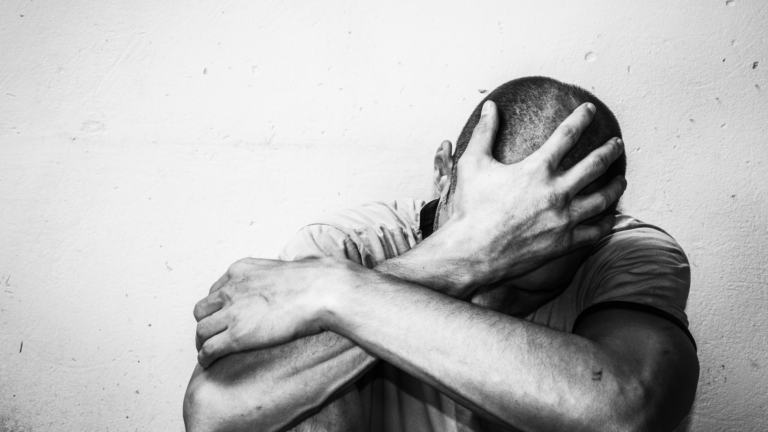
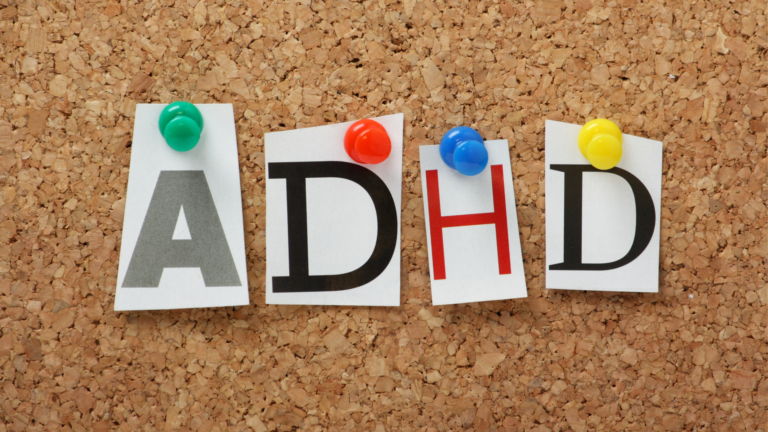
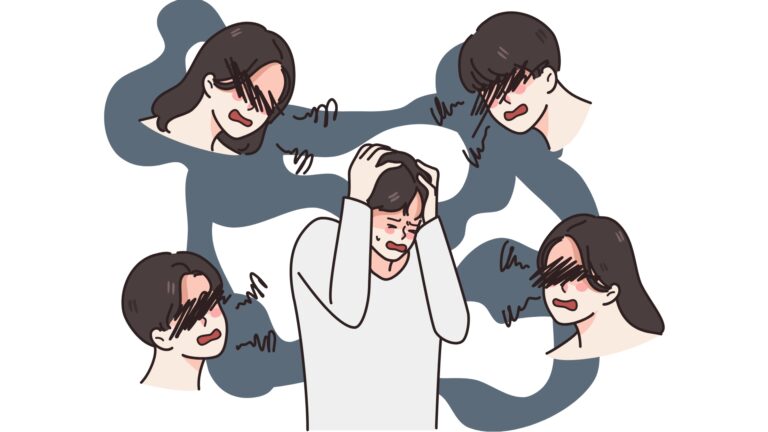

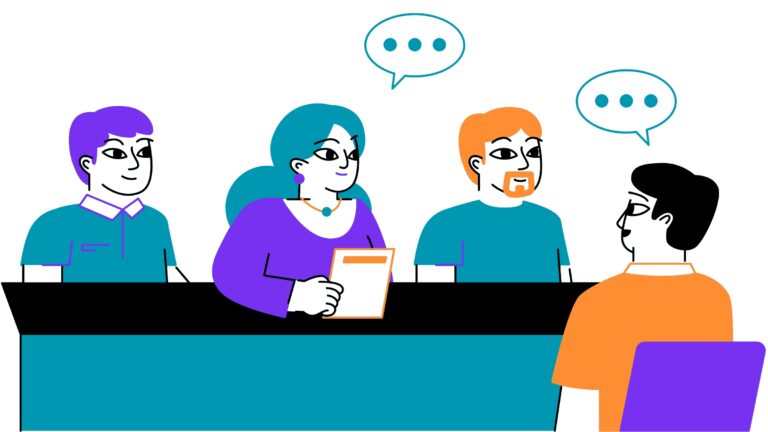
One Comment